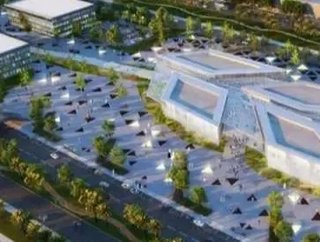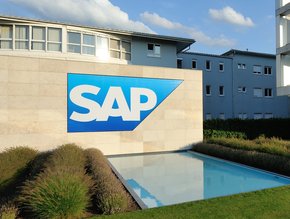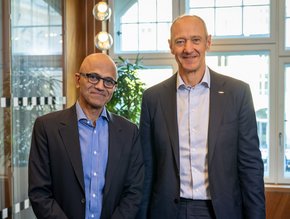New Food Tech Valley set to triple UAE’s food production

With the aim of tripling the UAE’s food production, the UAE government has announced the launch of Food Tech Valley, a Dubai-headquartered hub that will spearhead innovation and leverage collaboration to create sustainable food systems.
A partnership between the UAE Ministry of Food and Water Security and Wasl Properties, this smart food city will serve as the centre for future clean tech-based food and agricultural products and as an incubator for researchers, entrepreneurs, startups and industry experts involved in developing solutions that can shape the future of food.
It will support the use of emerging technologies and applied research in food processing and agriculture and apply modern farming techniques, from vertical farming, aquaculture and hydroponics, in order to fast-track self-sufficiency in fresh food produce and at the same time reduce wastage of resources.
Technology and innovation at heart of project
The hub, which is located close to universities and academic institutions, will feature a food innovation centre that’s been designed to resemble a head of wheat and will incorporate labs, research centres and prototype agricultural systems, and will support the R&D ecosystem and explore and deliver sustainable solutions around food.
It will host vertical farms, an advanced smart food logistics hub, R&D facilities and a marketplace. Driven by a circular economy model, the foodtech city will bring together companies, investors and researchers in a sustainable agribusiness ecosystem to develop the latest aquaculture and hydroponics technologies. More than 300 varieties of crops will be produce in the new city using modern farming techniques and the latest agri technologies.
Via an innovation-based approach to food, the hub aims to enhance local food production, diversify investments and advance research to align and influence future food trends and preferences. It will act as a global hub for startups, SMEs and global firms with plenty of expertise for sharing knowledge in food.
Food Tech Valley will be home to four main clusters as below:
- Agricultural Technology and Engineering Cluster This will include a vertical farm employing the latest food technologies to grow year-round vital crops for future smart cities and will further centre on developing innovative projects in bioengineering, automation, robotics and AI.
- Food Innovation Centre Provide an integrated agri-business ecogystem to nurture ideas and support startups. A specialised food factory will help produce new foods and second-generation restaurants and will explore a futuristic model that applies the highest standards of sustainability and production sufficiency.
- Research and development facilities To train food specialists and support food establishments with facilities exploring use of agri-robotics to maximise yields and drought-resistant crops. Specialist researchers will explore the application of 3D printing in algae cultivation and alternative protein production, and further studies will focus on the use of AI to monitor, analyse and manage agricultural crops and detect environmental impact, contributing to global food security research efforts.
- Advanced Smart Food Logistics Hub A fourth-generation food storage system providing smart and automated logistical storage services. This will apply blockchain technologies and big data in sorting, transporting and distributing various food products and will track food quality, origin, components, processing methods, storage and delivery to ensure efficiency of food supply chains.
To establish UAE as food security innovator
Coinciding with the 50th anniversary of the UAE’s foundation, Food Tech Valley is an initiative in line with the objectives of the country’s National Food Security Strategy 2051, and the Sustainable Development Goals, which centres on creating food self-sufficiency across the emirates, while also ensuring sustainability and conservation of resources.
“As we celebrate the past 50 years of achievements inspired by our founding fathers, we look forward to the next 50 years with confidence to realise our National Food Security Strategy and enhance our capabilities in food production as a nation,” says Mariam Almheiri, Minister of State for Food and Water Security.
Primarily, the project aims to adopt and develop the latest methods for smart agriculture and food production, rationalise water use, and accelerate basic food self-sufficiency, however it’s also looking to be innovator for the world, to share its successful experiences with countries worldwide.
But more than, the project also translates High Highness bin Rashid Al Maktoum’s vision to develop projects that can shape the future and build a knowledge economy based on innovation.
As Mariam Almheiri, Minister of State for Food and Water Security, explains, Food Tech Valley is both a huge stride towards “enhancing food security” for the country, as well as serving as a global destination for “expertise in the entire food ecosystem”.
According to the Ministry of Climate Change and Environment’s 2019 figures, the UAE has more than 177 advanced farms that use modern agricultural technologies and hydroponics, and over 100 entities that implement organic farming across the UAE. These facilitate the growth of locally sourced produce all year-round and reduce reliance on seasonal farming.






